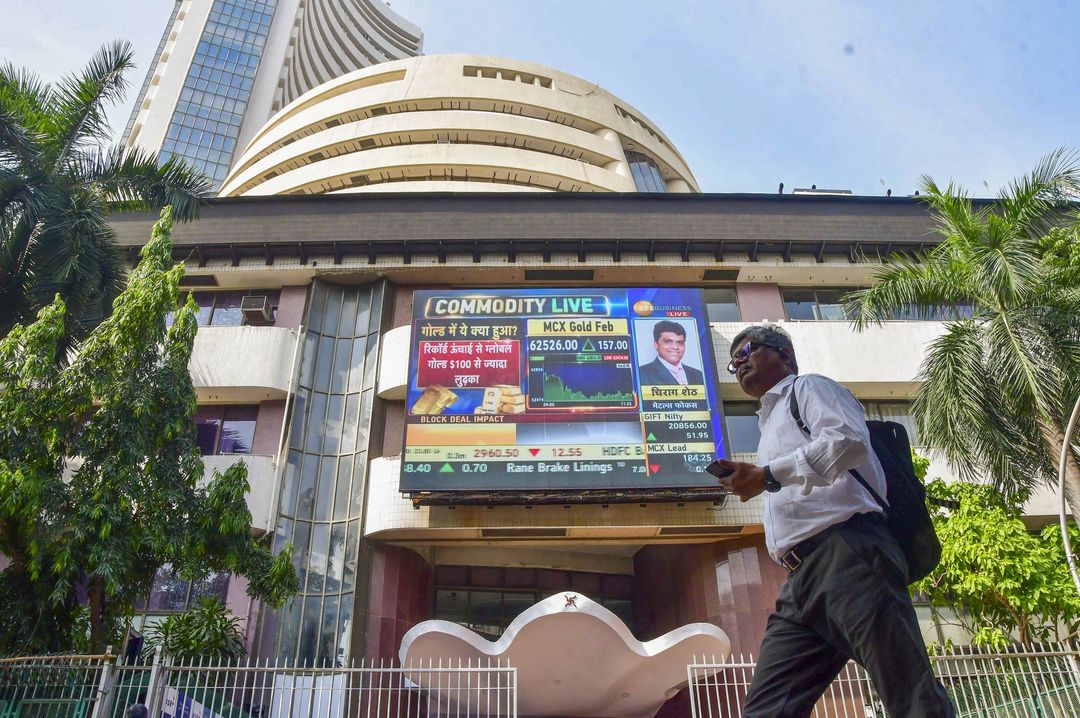Mumbai, Feb 28: Indian stock markets witnessed a sharp decline in early trade on Friday, echoing a global sell-off triggered by the latest US tariff hike on Chinese imports. The 30-share BSE Sensex plummeted 790.87 points to 73,821.56, while the NSE Nifty tumbled 231.15 points to 22,313.90, as investor sentiment remained jittery.
Among the worst-hit stocks in the Sensex pack were IndusInd Bank, Mahindra & Mahindra, Tech Mahindra, HCL Tech, Infosys, Tata Steel, Tata Motors, and Maruti. However, Reliance Industries and HDFC Bank managed to stay in the green.
Global Market Pressure Intensifies
The downward trend was mirrored across major Asian markets, with Seoul, Tokyo, Shanghai, and Hong Kong witnessing deep losses. US markets had also closed sharply lower on Thursday following the tariff announcement.V K Vijayakumar, Chief Investment Strategist at Geojit Financial Services, attributed the downturn to rising uncertainty in global trade policies. He noted that markets have been on edge since Trump's re-election, with his administration using tariff threats as a negotiation tool. Investors are now closely watching China’s response to the latest 10% tariff on Chinese imports, which could further impact market stability.
Institutional Sell-Off and Oil Prices
Foreign Institutional Investors (FIIs) offloaded equities worth ₹556.56 crore on Thursday, intensifying the market pressure, according to exchange data. Meanwhile, Brent crude prices dipped 0.47% to $73.69 per barrel, adding to the concerns over global economic stability.Ameya Ranadive, Senior Technical Analyst at StoxBox, highlighted that Asian equities were weighed down by disappointing Nvidia earnings, details on US tariffs, and mixed economic data.
Ongoing Market Struggles
The market downturn follows a volatile session on Thursday, where the Sensex managed marginal gains of 10.31 points to close at 74,612.43, while the Nifty slipped 2.50 points to 22,545.05, marking its seventh consecutive session of losses.Vikas Jain, Head of Research at Reliance Securities, pointed out that Trump’s confirmation of 25% tariffs on Canada and Mexico from March 4, along with the 10% tariff on Chinese goods, has exacerbated fears of a prolonged trade dispute.
With global markets in turmoil, investor sentiment remains fragile, and all eyes are now on China’s potential countermeasures, which could dictate the next market moves.
